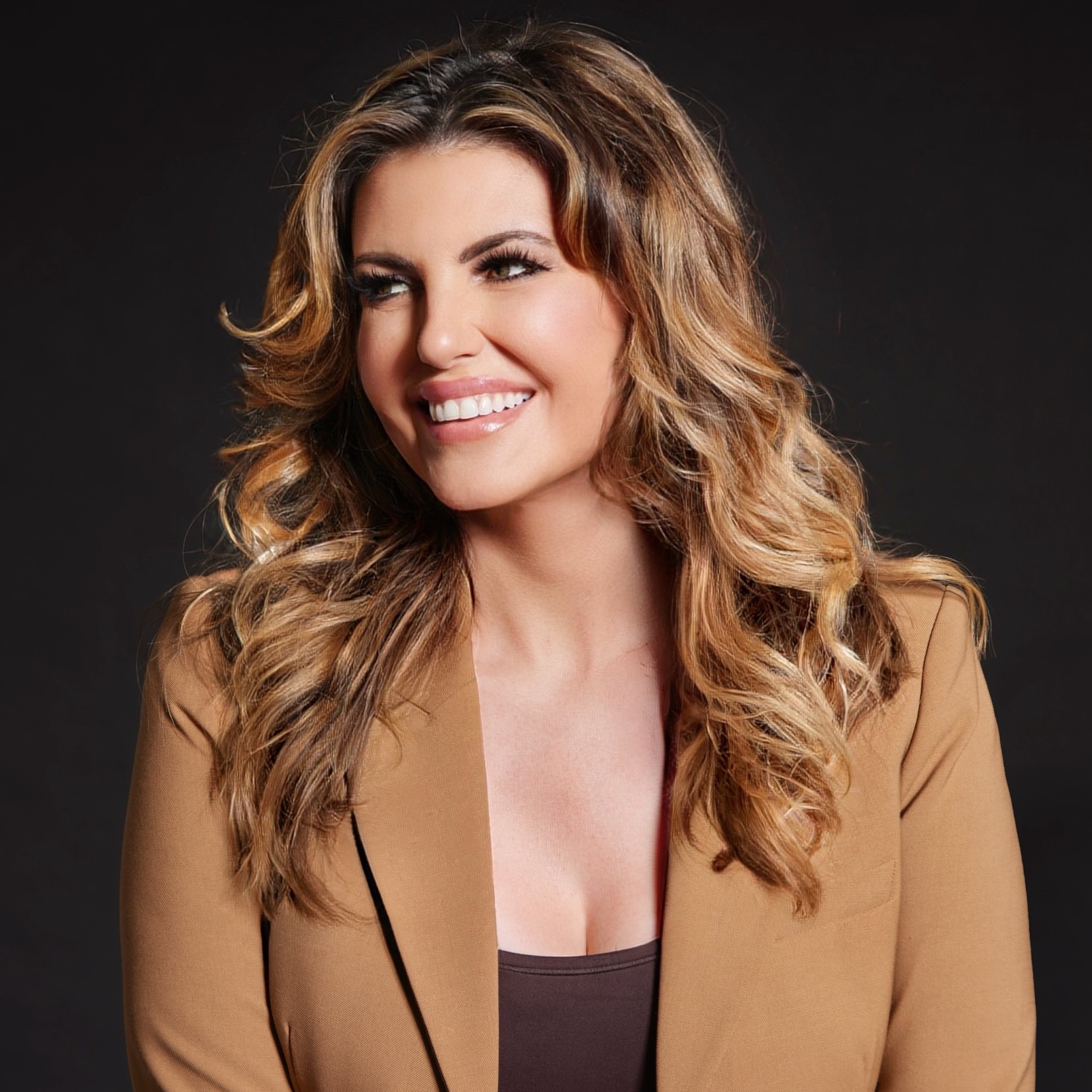
How To Repair A Damaged Friendship
June 27, 2019

Friends are an important part of most people’s lives. Friends will encourage and hold each other accountable. They will celebrate and grieve with and for each other. You can tell them anything and, if they are good friends, they will keep your deepest, darkest secrets. Sometimes things go wrong in the relationship. Maybe there was an argument over a small, inconsequential thing and tempers got out of hand. Perhaps the friendship was damaged in a more profound way, such as a serious break in trust. How can you repair a damaged friendship?
Can it be saved?
First, you must determine whether the relationship is just damaged, or if it is irrevocably broken. Do you want to salvage this relationship? Do not make this decision until you are calm. Just as terrible things can be said in the heat of the moment, terrible choices can also be made during that period. Do you honestly feel the friendship can be salvaged?
In some instances, the friendship can be repaired, but the relationship can never be as it was before. Sometimes, the relationship cannot be saved at all, and you and your former friend become mortal enemies. Some friendships fall somewhere between these two states, but more often than not, the friendship can be saved, and the closeness of the relationship can go back to how it was before the damage occurred.
The Next Step
If you feel like the friendship can be repaired, and the damage can be undone, or at the very least forgiven, you must thoroughly consider what caused the break in the relationship. Think about this, while you are calm, from your own point of view. Once you have done that, try to think about it from your friend’s point of view. Are you at fault? Is your friend? Are you both equally to blame?
In any disagreement, one party may be right, and one may be wrong initially. As the conflict escalates, both parties usually end up wrong – due to words said or actions taken during the argument. Both parties typically start out believing they are absolutely right, and the other person is absolutely wrong. Sometimes both parties actually are correct, depending on how the situation is being viewed.
If you believe you are right, the next step towards repairing the relationship is to make a crucial decision. Is being right more important to you than the relationship? If the argument is over something life threatening or life altering, and you feel you are right, you probably would not be willing to back down from your position. But if the disagreement is over something far less important, you actually can afford to let the other person be right – even if you still feel they are not.
Apologizing
The next decision to make is whether you will apologize. If you decide being right is more important than the relationship, you most likely will not be willing to apologize for something you do not believe you did or said wrong. If the relationship is more important, it may be best to swallow your pride and need to be right and apologize to your friend. It is also best, at that point, to agree never to bring it up again if possible. Depending on the severity of the problem, you and your friend may agree neither of you is right or wrong, no apology is needed from either side, and the subject should be dropped.
Unfortunately, some friendships are not salvageable. Other times, it may be possible to repair the friendship, but one or both parties have no sincere desire to do so. This is the final decision you need to make before moving towards reconciliation. If this other person is continually making you mad or unhappy, if they are a negative force in your life, or you find you are simply happier without them in your life, it is okay to go your separate ways, but part as friends if possible and make sure you have carefully thought things through.
Contact The Montfort Group in Plano today to see how we can help you with your relationships.

Cory is a licensed professional counselor and board-approved supervisor in Texas with extensive experience in mental health, crisis intervention, and relationship counseling. With a background in education and a Master’s in Counseling from Southern Methodist University, she specializes in supporting individuals, couples, and families. Beyond her clinical work, Cory is a dedicated community leader, having founded the nonprofit Together Richardson, acquired Richardson Living Magazine, and served on multiple leadership boards. She is passionate about blending professional expertise with faith-based mental health initiatives through her work with Beacon of Light.
accept
We use cookies to improve your browsing experience and ensure the website functions properly. By selecting 'Accept All,' you agree to our use of cookies.
© Tmg XXXX
Brand & Website by Writefully Said
Contact our office:
The Montfort Group is a highly-trained team of professional therapists in Plano, TX providing counseling and support for individuals, couples, teens, and families.
Stay Connected
Schedule Now